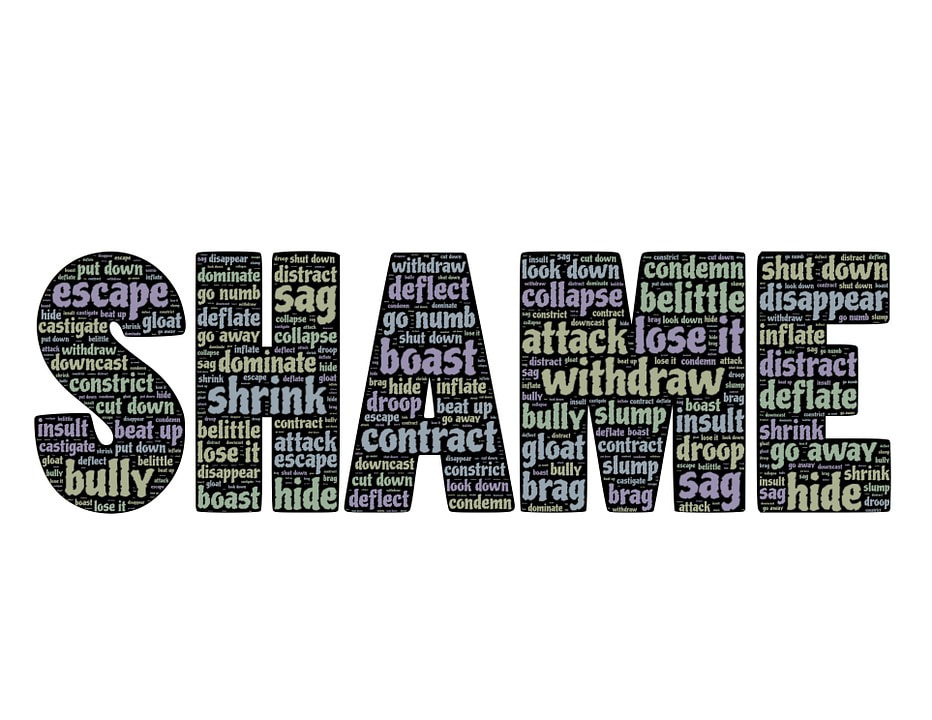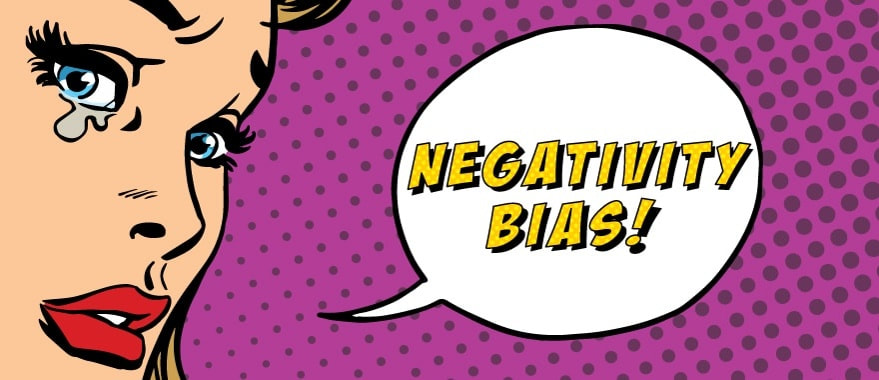
|
|
|
Shame is present to a certain extent in most of our lives. It's an integral part of being human, of being social entities striving to belong to the group. If our behaviour steps outside of what we think the group wants us to think, see, or feel, then our automatic reaction is shame. In most cases, we learn from these experiences, talk about them with other people, and move on with our lives having learnt a lesson. But there are certain situations that cause shame to bury deep out of sight, affecting how we think about ourselves, and how we live in the world.
0 Comments
Negative events tend to stick with us, like barnacles to the bottom of the ship, sticking with us as we journey through life. Things that we know at the time that are not very important, not very meaningful, and probably not about us at all, can raise their heads in our thoughts again and again and again. Another kid in class telling us we're too skinny/fat/dumb etc can stay around well past its use-by date. But why? Can we overcome these thoughts?
"Anger comes fast, often unanticipated and always unwelcome. It operates without logic, with no concern for consequences. It damages things, relationships, and sometimes even people. It leaves me feeling ashamed of myself. Worthless. What's worse, I'm even too weak and useless to control it."
Does this sound familiar? |
Author
Chris is a Counsellor and Psychotherapist at Engage Counselling, Sydney Archives
April 2023
Categories
All
|
Contact: [email protected]
Engage Counselling: Personal and professional Counselling, Coaching and Psychotherapy for men in Sydney's Inner West, Newtown, Enmore, Stanmore, Marrickville, Camperdown, Chippendale, St Peters, Erskineville, Pyrmont, Darling Harbour, Balmain, Sydney, City, Broadway, Ultimo, CBD and surrounding suburbs.



 RSS Feed
RSS Feed